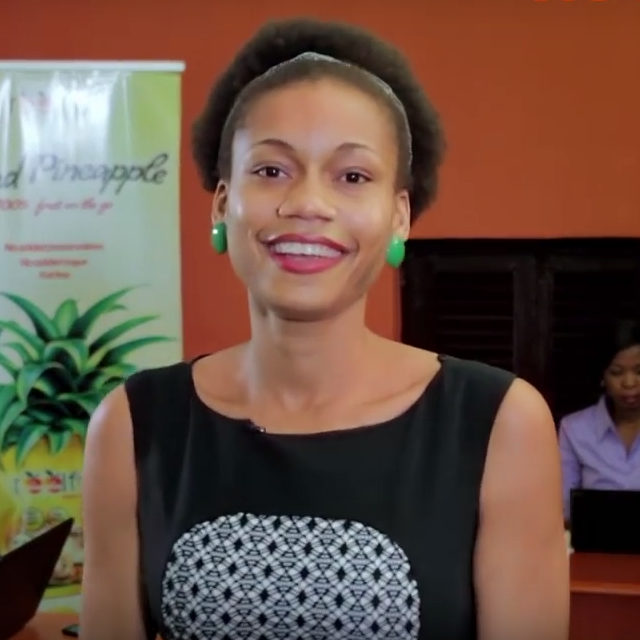In 2012, Affiong Williams returned to Nigeria with a simple idea—introduce dried fruit snacks to a market where they barely existed. What followed was not just the story of a startup, but a case study in how African entrepreneurs navigate broken value chains, skeptical investors, and volatile economies while trying to scale.
Demand Doesn’t Exist Until Supply Does
For nearly a decade, Williams battled investor doubts. Many insisted Nigeria lacked the demand for dried fruit. The truth, she argues, was the opposite: global buyers were willing to place large orders only if ReelFruit could guarantee industrial-scale supply. Without a factory, demand was invisible. Without investment, the factory was impossible. This “supply-before-demand” paradox became her biggest roadblock.
Breaking the Capital Barrier
After pitching nearly 200 times, Williams finally secured $3 million in 2021 from investors who believed in her long-term vision. The funds birthed ReelFruit’s Abeokuta factory in 2024—proof that capital at scale can unlock opportunities previously dismissed as unrealistic.
The Supply Chain Paradox
Yet, a factory is only as strong as its inputs. Nigeria grows plenty of fruit, but consistent, export-grade supply is scarce. ReelFruit had to go beyond buying produce—it began embedding field agents with farmers, enforcing quality standards, and training growers to meet international specifications. What looked like a food business on the surface became, in practice, an agricultural infrastructure company.
Why Export Matters
With the naira collapsing by half between 2023 and 2025 and inflation surpassing 30%, Williams prioritized global markets. By signing distribution deals in Europe and the US, ReelFruit insulated itself from local shocks. Export revenue in dollars, she argues, is no longer optional—it’s survival for Nigerian firms tied to dollar-based costs.
A Symbol Beyond Snacks
Williams positions ReelFruit’s new factory as more than a processing plant. It’s a statement that “Made in Nigeria” can compete globally, create hundreds of jobs, and transform farmers into suppliers for international markets. It’s also an argument for why manufacturing should anchor Africa’s growth: with shipping costs rising and China’s production costs climbing, the window for African-made goods has never been wider.
The Broader Lesson
ReelFruit’s story highlights a core truth about African entrepreneurship: success is rarely just about the product. It’s about building the missing systems—finance, supply chains, farmer networks—that make the product possible. Williams nearly quit because those systems didn’t exist. Her eventual success shows what becomes possible when one founder decides to build them anyway.

